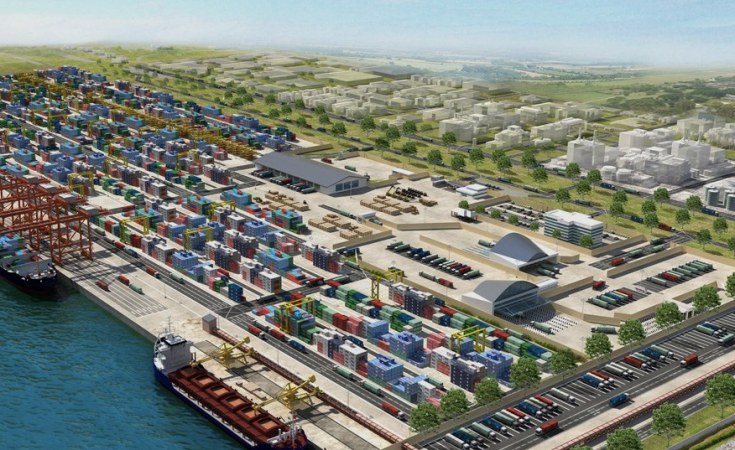Infrastructure investments in West Africa have not kept pace with growth in demand, creating a huge deficit.
Against the backdrop of continued economic growth in the region, the need for enabling infrastructure is clearly evident. Although requirements vary from country to country, a huge gap currently exists across key infrastructure areas such as Power, Transport, Water and Healthcare both within and across the countries in the region.
In 2014, PwC conducted a survey of key players in the infrastructure sector, including donor funds, financiers, government organisations and private companies across sub-Saharan Africa. The report, titled Trends, Challenges and Future Outlook: Capital Projects & Infrastructure in East, South & West Africa indicates an opportunity-filled future for infrastructure development in sub-Saharan Africa. Infrastructure spend in the region is estimated to reach $180 billion per annum by 2025.
Meanwhile, at the 29th Annual Conference of the Nigerian Economic Summit, President Bola Tinubu sought the cooperation and intervention of Nigeria's private sector and specifically the capital market, toward the funding of Nigeria's $3 trillion infrastructure gap, which he said should not require 300 years to cover as propounded in some texts but 10 years.
Speaking on this at the third West African Capital Market Conference, the Vice President, Kashim Shettima stated that "the centrality of capital markets to Nigeria's development trajectory, especially to the evolution of our corporate sector, our industries and perhaps most importantly, our infrastructural development cannot be overemphasized."
He noted that infrastructural deficits are better financed from inside, not through foreign borrowing alone, saying that the job of the capital market in Nigeria is therefore cut out for it and this extends to West Africa, and Africa at large.
"This is a time of intense competition among nations and resources, and with the advancement of technology, nations are able to reach into nations with their products, just as businesses have their fingers in billions of pockets the world over," he said.
Lagos State Governor, Mr. Babajide Sanwo-Olu said that "across our sub region, modern infrastructures such as roads, rails, ports, fibre optics, housing, power and several others are hugely inadequate. These perennial inadequacies have hindered the economic growth of our nations and its people.
"It behooves us to deliberate on innovative financial strategies that can bridge the infrastructure gap, enhancing the lives of our citizens and propelling our economies to greater heights. While Governments, like ours, continue to make efforts at plugging the huge infrastructure deficits, we cannot do it alone. The private sector must be fully involved and invested. This is where an integrated Capital Market in our sub-region can and should help."
Sanwo-Olu added that "there are many ways that an integrated West Africa Capital Market can help with plugging infrastructure deficits in the sub-region. One is the Economies of Scale that will accrue from such an integration. This will enable the pooling of funds across the more extensive sub-region to finance large projects that can serve multitudes of people."


